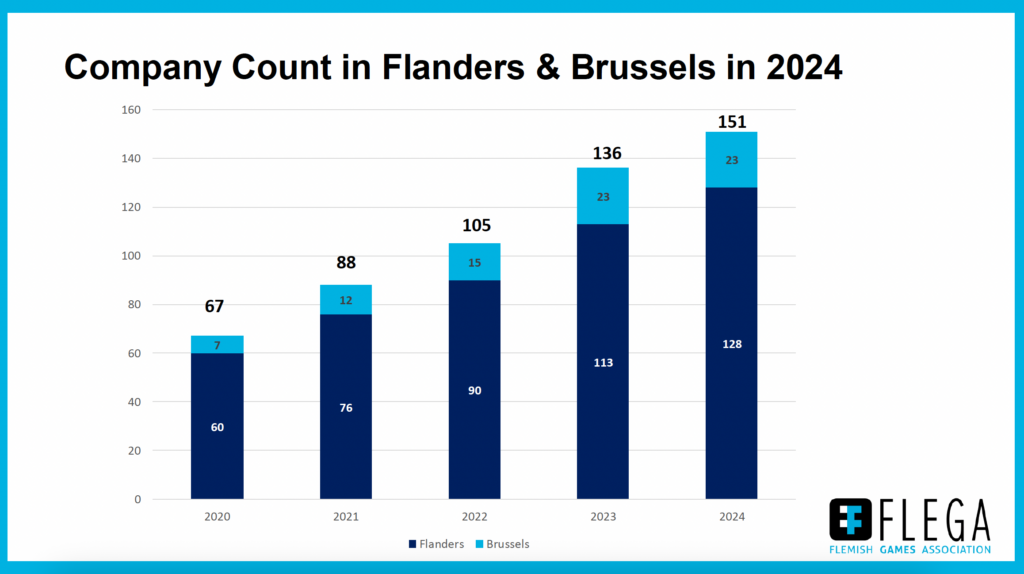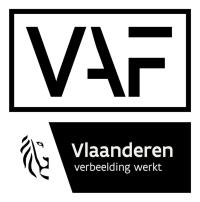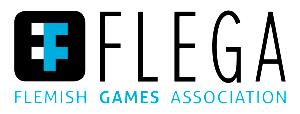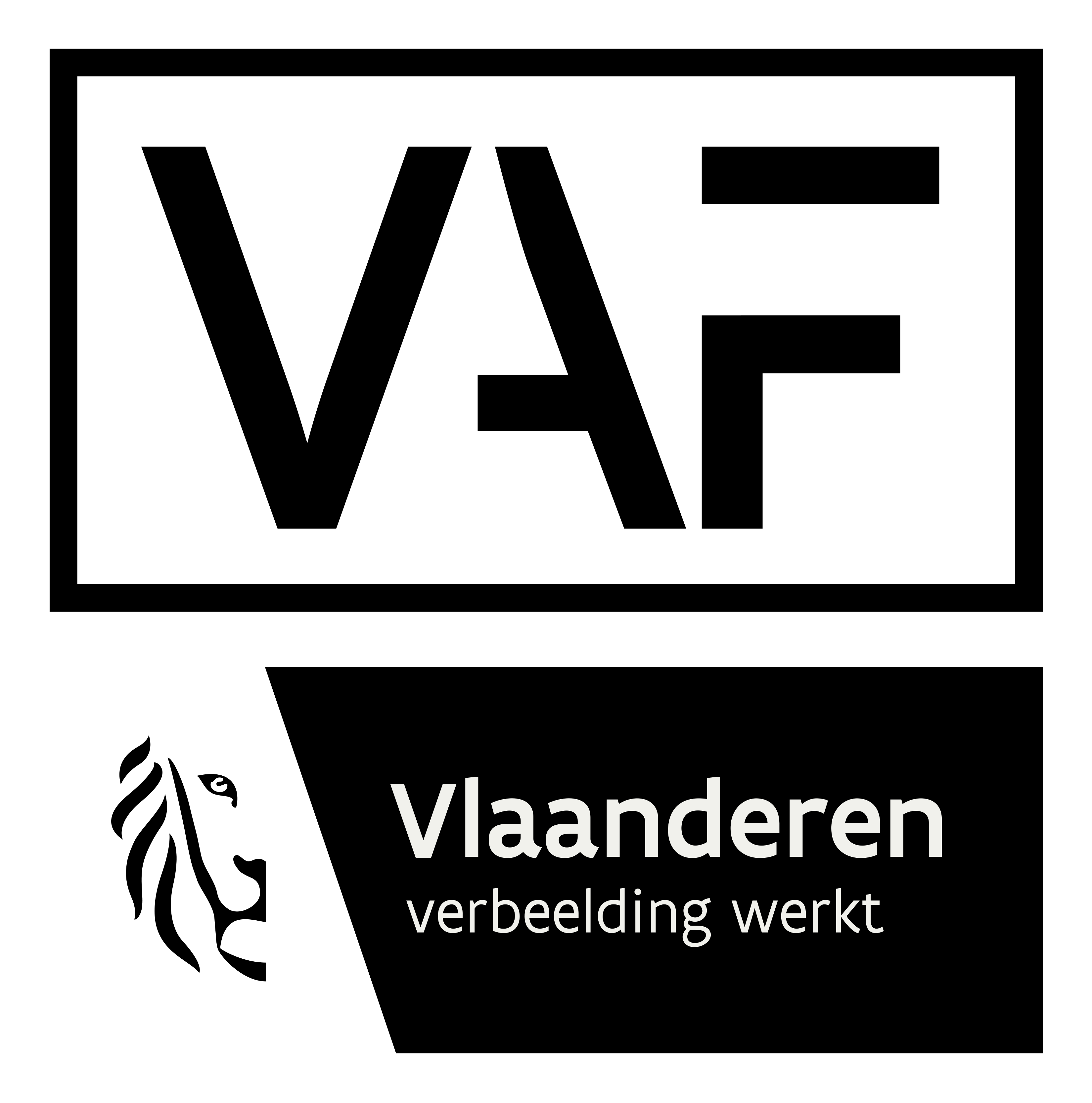The Flemish games sector is showing steady growth in 2024, with more companies, higher revenue, and increased employment, according to our most recent market data report for 2024.
Compared to 2023, the number of Flemish game companies has risen from 113 to 128, while both turnover and employment have increased by 20%, reaching €70 million and 674 full-time employees (FTEs), respectively. This growth is in stark contrast to the global trend of layoffs and downsizing. Grab the main takeaways of the report below or download the full report right here.
The Flemish game developers and service providers are seeing their turnover rise from €58.7 million in 2023 to €70 million in 2024 – a growth of almost 20%. While the top 10 companies contribute significantly, the growth isn’t limited to larger players. In 2024, several new games from smaller studios became hits, and a number of larger titles continue to generate revenue even after their launch. Live Operations, which involves further developing games after release by adding new gameplay and content, helps developers keep players engaged and stabilise revenues in the long term.
Innovation and community building
The Flemish games sector’s success can be attributed to several factors, including innovation, careful market analysis, and constant community building. Game companies operate in a competitive international market with demanding gamers and rapidly changing technologies. This requires studios to focus not only on the creative process but also on business models, community building, live operations, and market adaptations.
The increase in employment and the number of startups confirm that the sector is an important driver of work and innovation. However, developing games remains a bold undertaking. Some projects get stuck in the development phase without generating immediate revenue. Making games is a risky business because you’re always aiming for that one hit that becomes a major commercial success. In a competitive international market where hundreds of new titles appear daily on platforms like Steam, the chances of success are unpredictable and often depend on timing, marketing, and the unique character of the game itself.
Internationalisation and policy challenges
The increase in turnover not only emphasises the economic strength of our sector, but also its technological innovation and international ambitions. The market of Flemish game developers is a 99% export market and thus strengthens the regional position on the world map. The question remains how Flanders can continue to support this growth. For larger companies, the focus is often on internationalisation, but the challenge for the government lies in creating a fiscally favourable climate that can ensure a strong, sustainable sector in Flanders. This way, Flanders can soon fully benefit from its game policy and from the talent and expertise that the companies have built up over the years.
Making games: a business of hit or miss
The increase in employment and the number of startups confirm that the sector is an important engine of work and innovation. At the same time, this growth also brings a warning: developing games remains a risky undertaking. Some projects remain stuck in the development phase, without immediately generating revenue. Making games is a risky business, because you are always aiming for the hit that becomes a major commercial success. In a competitive international market where hundreds of new titles appear daily on platforms such as Steam, the chance of success is unpredictable and often depends on timing, marketing and the special character of the game itself. Companies operate in an international market with demanding gamers and rapidly changing technologies. This means that studios must not only focus on the creative process, but also on business models; community building, Live Operations and market adaptations.
A great demand for talent
Although the number of companies has only slightly increased from 113 to 128, the sector is characterised by a strong dynamic. The demand for experienced developers and creative talent is high. Financing problems and the current economic uncertainty sometimes cause projects to be postponed, but new start-ups continue to emerge and often experiment with game technology in other sectors, such as film, animation, healthcare or defence.
With a strong foundation, a growing number of companies and increasing international recognition, the Flemish games sector is more on the map than ever. However, it remains important that policy keeps pace with this. Continuing to invest in a fiscally favourable climate, innovation and talent development and access to financing will further put Flanders on the map as an important player in the international game industry.
Hungry for more insights? Download the report here.
Sources
Every year, FLEGA conducts a survey of all companies active in game development and services in Flanders. This year, for the first time, FLEGA collaborated with the VAF Game knowledge centre to validate some of these figures.




















